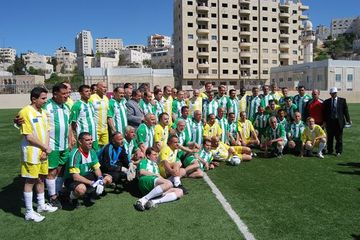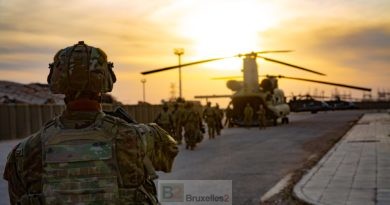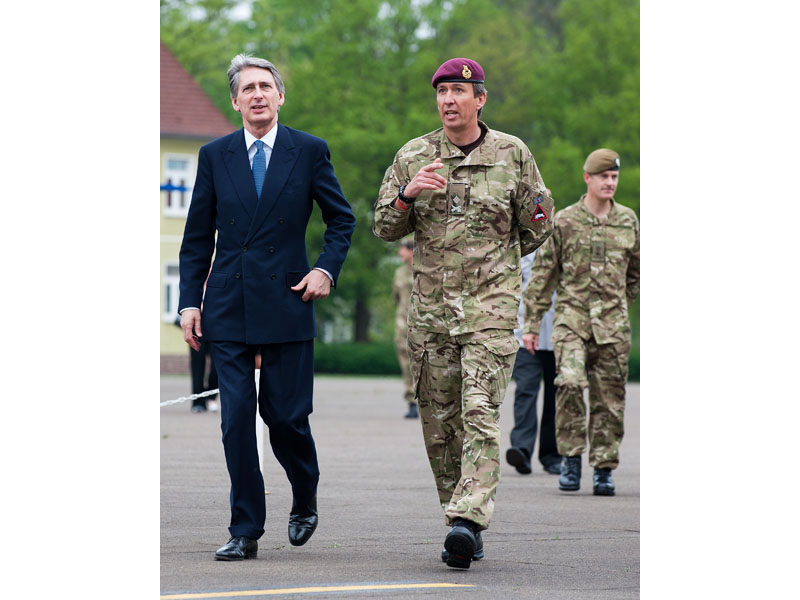The first 100 days of the European diplomatic service…

(BRUXELLES2) The round number attracts attention. And it is traditional to make a first assessment, 100 days after taking power. The European diplomatic service will not escape this rule. It has actually been XNUMX days since most Council and Commission staff dealing with external relations were placed under the authority of the EEAS. And the European External Action Service is settling into the landscape.
"still a lot of work"
All is not rosy, of course. Many positions remain unfilled. Several units operate with acting chiefs or with a newly arrived director. And there isn't really a common culture yet. In summary, as confided to 'B2' a senior manager, service, a bit laconic "there is still a lot of work !". But the top management is now constituted with the arrival of the "little" youngest, Maria Marinaki (*). This should put an end to a few months of intense fight, behind the scenes, between the different candidates (at least for the main positions).The whole organization chart is not laid down, particularly in terms of crisis response.But substantive work can slowly regain the upper hand over certain institutional considerations.
An invisible work of preparing decisions
The work of this diplomacy is often invisible. But if we take the two recent crises - Libya and Côte d'Ivoire - the services have prepared, in record time, the draft sanctions decisions allowing European political leaders to show their ability to react, a mechanism reinforced on several occasions. Similarly, crisis management structures (PeSDC) provided political and military options to deal with the conflict in Libya. This work did not always lead as clearly as hoped, but nevertheless led to the pre-launch of the EUFOR Libya operation.
Diplomats are also working, right now, on the post-crisis, on after Gbagbo or after Gaddafi (*). The mechanism put in place by the Lisbon Treaty is beginning to bear fruit - comments a European diplomat. There is beginning to be a greater involvement of Commission services (with financial tools) and service diplomats (with political analysis). And the diplomatic service is beginning to produce work not only for the High Representative but also for the various European officials, in particular José-Manuel Barroso and Herman Van Rompuy.
Delegations on the front line with more political telegrams
The contribution of the 135 EU delegations is essential from this point of view. These EU embassies have concretely taken over from the rotating presidency in most countries of the world. A consequent work which requires to have a more political approach, and of coordination of the Member States. As one MEP who attended the hearings of the first ambassadors who left for the field confided, “ in China, Japan, Lebanon... we have good quality people there ».
The daily flow between the field and headquarters is ensured in particular by "telegrams" - a common diplomatic practice in most Member States - which go back to headquarters, thus allowing the diplomatic service to have the tone of local politics. Daily, or even several daily in the event of a crisis, or weekly, depending on the place and the time, they allow diplomats at headquarters to have a "bit of the local color of each country". These telegrams "are sometimes unequal in their content or in their quality. But honestly, Yippee am quite amazed by their relevance and the wealth of information they drain - notes a veteran of European diplomacy. They are short, summarized, very political. We really have a top-notch tool that just needs to be ramped up.".
With Washington, we are thus involved in the US election campaign and the mounting of the military operation in Libya. With Algiers, in particular, we grasp part of Bouteflika's policy to avoid being caught in the Arab turmoil. With Tel-Aviv and Jerusalem, we follow the underside of local politics, settlements in East Jerusalem...
The directors of departments involved in the negotiations
Several heads of departments or advisers are now involved in leading negotiations: Robert Cooper (for the Serbia-Kosovo dialogue), Miroslav Lajcak (for Transnistria), Helga Schmid (for the Middle East), Hugues Mingarelli (on the revolutions in the Arab world), Agostino Miozzo (who particularly follows the situation in Libya)...
In just as concrete a way, the "off record" briefings - enabling journalists to be informed of the main decisions to be expected from the Foreign Affairs Council or from certain meetings - are now carried out by the heads of the diplomatic service (Pierre Vimont when he acts as a Foreign Affairs Council, the director of the department concerned when it comes to a geographical event). An exercise often appreciated by most Brussels journalists because it is often one of the only ways to perceive the reality of European diplomatic work.
The creation of a European diplomatic service will not be done in a few days or in a few months. The most reasonable speak of a work of several years. Which is quite reasonable. Because we entered, in fact, in a process analogous to the mechanisms of fusion-acquisition which know many companies. Merging multiple cultures, multiple ways of operating requires time. The observer in a hurry will have to arm himself with patience....
(*) Read also:


